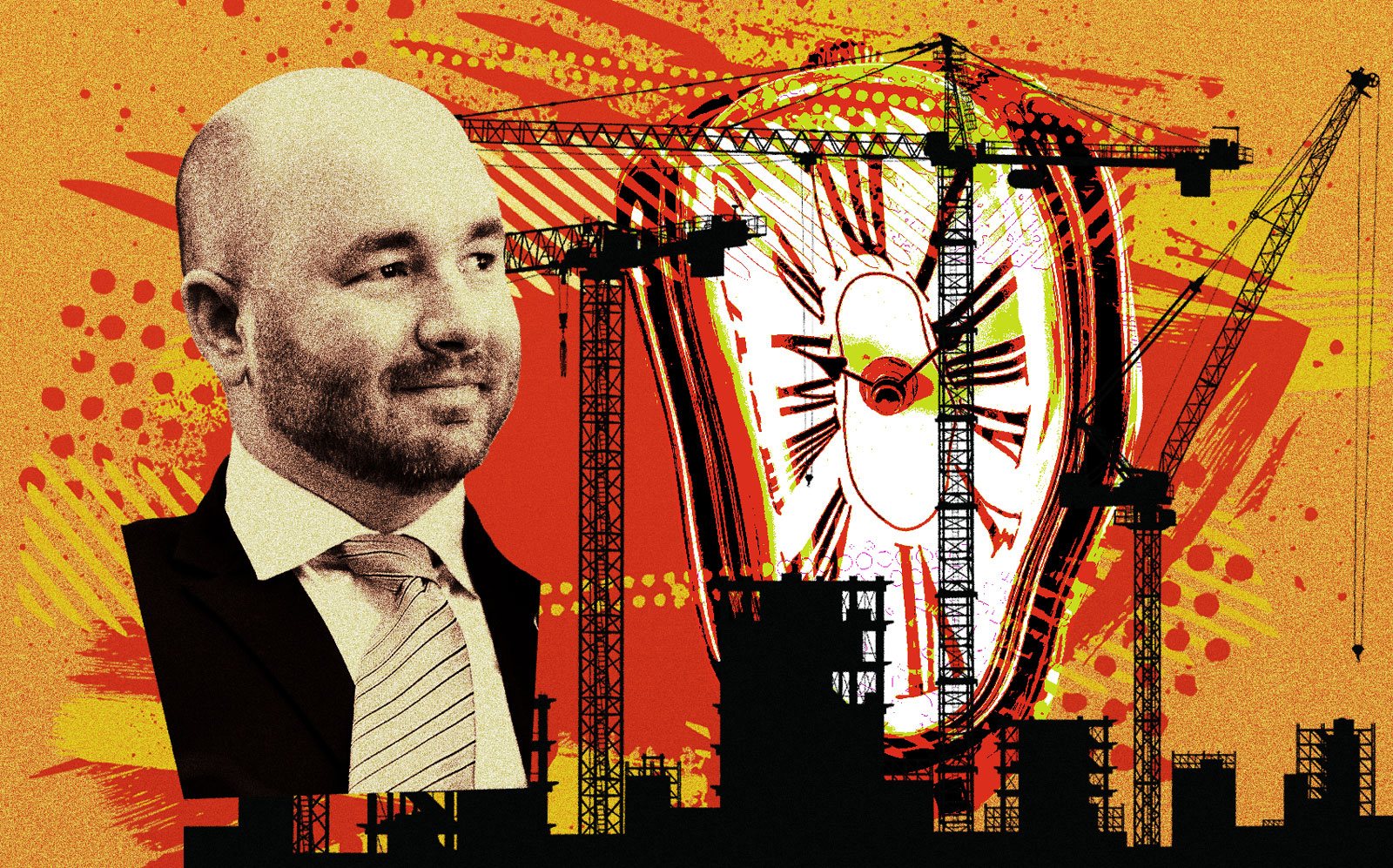Faster commercial permitting times in the city of Dallas means developers are getting their projects off the ground in less than half the time it took a few years ago.
The median time to obtain a commercial building permit in Dallas was 112 days in October, a significant reduction from the 300 median days required in 2021, the Dallas Business Journal reported, citing a memo from Assistant City Manager Robin Bentley.
The improvement follows several initiatives to streamline operation and turnaround times. A major move came with the merger of Dallas’ planning and permitting departments, a strategy Interim City Manager Kimberly Tolbert suggested to address developer complaints. Emily Liu, the city’s director of planning and urban design, leads the team.
Another improvement came with the rollout of a public-facing dashboard that tracks the city’s commercial permit activity.
Dallas secured its fastest turnarounds of the year in October, but there is room for improvement. Of the eight commercial permits issued in October, the median turnaround time was 112 days. However, turnaround times were up to eight times longer in September and July.
An important aspect of the reforms has been the elimination of “stale permits” clogging the system. The department has cleared more than half of the 9,800 inactive permits in the backlog.
The progress positions Dallas to compete more effectively with its suburban counterparts, said Downtown Dallas Inc. President Jennifer Scripps.
The Planning & Development Department hopes to further reduce approval times by studying key departments, such as water engineering and zoning, which typically have extended review periods.
The Texas Legislature last year passed a law designed to address long review times and permitting delays. The law requires that local development authorities hand down decisions on permit applications and inspections within two weeks of their review deadlines. If they fail to do so, developers can take their applications to staff from another municipality or, more dramatically, any licensed engineer in the state.
The law’s rollout has been slow, however. Many developers are unaware of the option, while others don’t want to rock the boat in municipalities where they do a lot of business. And some cities, like Houston, have resisted, citing concerns over accountability and local control.
— Andrew Terrell
Read more






